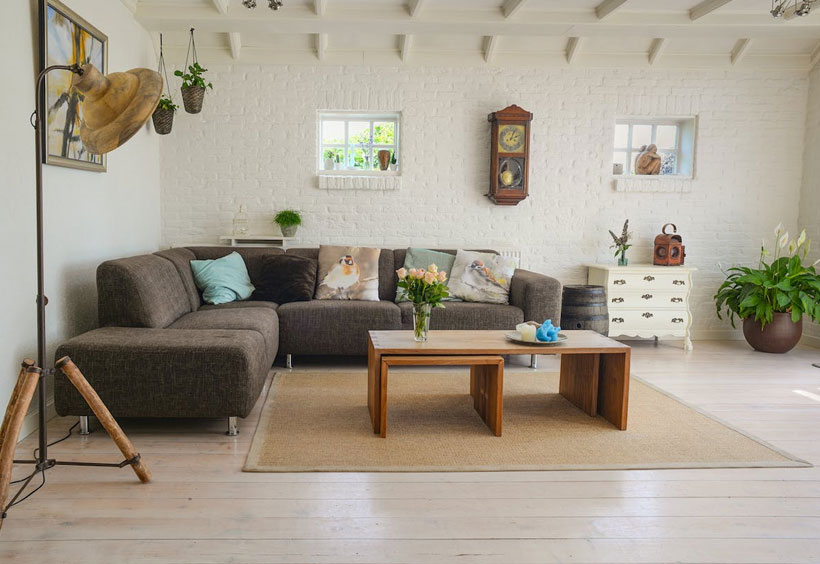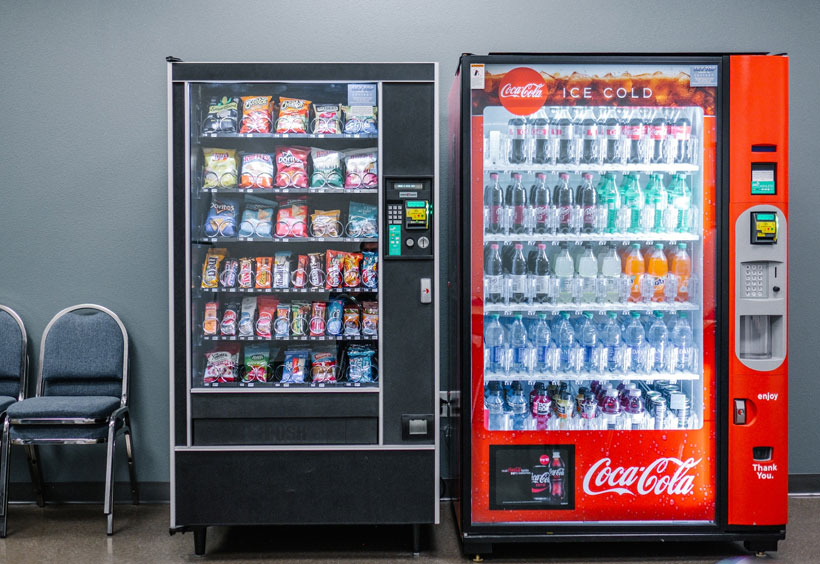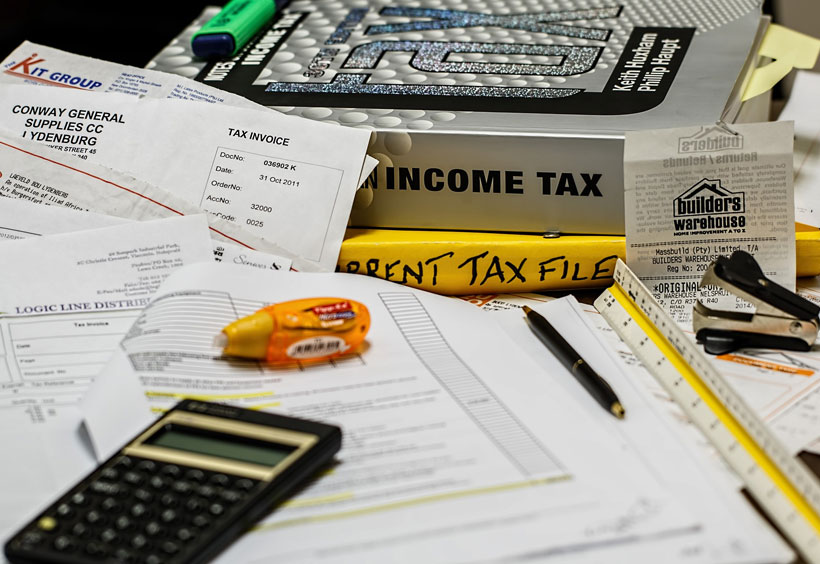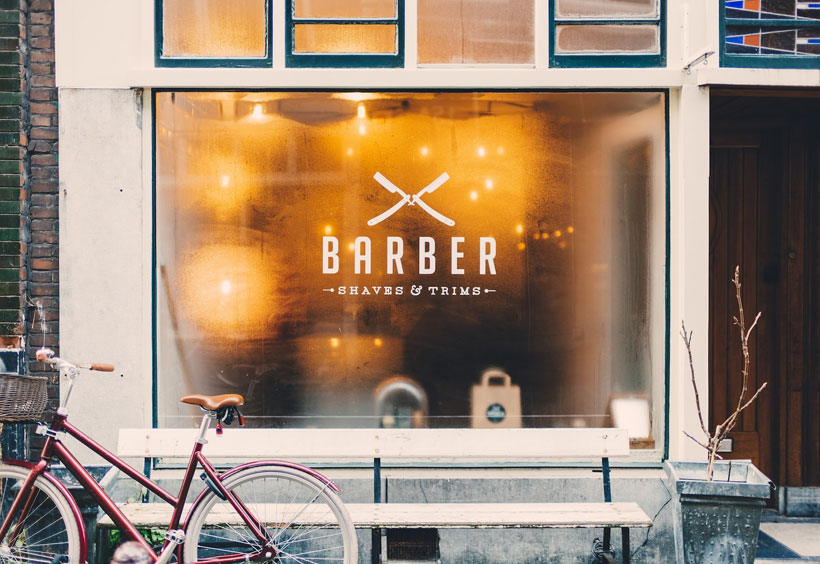How to Start an Airbnb Business
Sparkpush Editorial Team
Updated January 9, 2024
Edited by: William Crawford

Hello there! Considering how to start an Airbnb business? Whether it’s transforming that extra room into a charming retreat for globetrotters or overseeing a portfolio of properties, looking into an Airbnb venture is both thrilling and fulfilling. Join me as I guide you through the essentials of how to start an Airbnb business, turning your vision into a thriving reality.
Step 1: Research and Understand the Market
Kicking off your Airbnb venture? Great! But hold off on fluffing those pillows just yet. First, let’s do some groundwork to really understand the market you’re stepping into. Start by sizing up the demand for Airbnb in your area. Is your location a tourist hotspot, a hub for business travelers, or perhaps a family-friendly destination? Each type of guest has different needs and expectations, and understanding this will help you tailor your offerings.
Next, scope out your competition. Browse through local Airbnb listings to see what other hosts are offering. Pay attention to their pricing, the amenities they provide, the style of their spaces, and how they market themselves. This will give you a clear picture of what works and what might be missing in the market.
Now, think about what makes your space unique. Maybe it’s the breathtaking view from your balcony, your knack for interior design, or your proximity to local attractions. Identifying your unique selling points is key to making your Airbnb stand out in a crowded market.
Remember, thorough research is the first step to ensure your Airbnb business hits the ground running. Understanding both your potential guests and competitors will set the stage for a successful hosting experience.
Step 2: Pros and Cons of Starting an Airbnb Business
Pros:
- Additional Income: Hosting on Airbnb can provide a significant source of extra income, potentially turning your property into a profitable asset.
- Flexibility: You have the freedom to decide when your space is available for bookings, giving you control over your schedule and personal use of the property.
- Meet New People: Airbnb hosting offers a unique opportunity to meet people from all over the world, enriching your cultural experiences right from your doorstep.
- Utilize Unused Space: If you have a spare room or a second property, Airbnb allows you to monetize space that would otherwise remain unused.
- Personal Satisfaction: Many hosts find joy in creating a welcoming space for travelers and contributing to positive travel experiences.
Cons:
- Time and Effort: Managing an Airbnb requires significant time and effort, from communicating with guests to cleaning and maintaining the space.
- Inconsistent Income: Earnings can fluctuate seasonally, and unexpected cancellations can impact your income.
- Regulatory Challenges: Some areas have strict regulations or bans on short-term rentals, requiring careful research and adherence to local laws.
- Potential Property Damage: Though rare, there’s always a risk of property damage from guests, which can be a hassle to address.
- Guest Challenges: Handling difficult or dissatisfied guests can be stressful and time-consuming.
Starting an Airbnb business can be rewarding, offering both financial and personal benefits, but it also requires commitment, adaptability, and a willingness to navigate occasional challenge.
Step 3: Prepare Your Space
Transforming your space into a B&B haven is where the fun really begins. Whether it’s a charming room or a full-fledged house, the goal is to create a welcoming and comfortable environment for your guests. Start with the essentials: a comfortable bed with clean, quality linens is a must, as this is often the first thing guests seek after a long journey.
Next, turn your attention to the kitchen. Equip it with basic cooking necessities, some snacks, and perhaps coffee and tea. These small touches can make guests feel right at home. Ensure your Wi-Fi is reliable and fast – it’s practically a necessity in today’s connected world. Leave clear instructions for logging in.
Don’t underestimate the power of a well-prepared bathroom. Stock it with fresh towels, toiletries, and perhaps a few luxury items like scented soaps or a hairdryer.
Consider adding a personal touch with a guidebook filled with local tips – your favorite cafes, hidden gems, and must-see spots in the area. This not only aids their exploration but also adds a personal connection.
Remember, it’s these thoughtful details and comforts that can elevate a guest’s stay from ordinary to extraordinary and lead to glowing reviews and repeat visits.
Step 4: Set Your Business Model
Crafting your business model is a crucial decision in your Airbnb journey. It defines not just your role as a host but also how your firm operates on a day-to-day basis. Are you envisioning yourself as a hands-on host, greeting guests, offering local insights, and being readily available for any queries or issues? This approach can be incredibly rewarding and allows for a personal touch, often leading to higher guest satisfaction and better reviews.
Alternatively, you might opt for a more hands-off approach. This could involve utilizing key safes or smart locks for self-check-in and minimal direct interaction with guests. While this offers you more freedom and flexibility, it may require detailed guest communication through the Airbnb platform to ensure they have all the information they need.
For those who prefer to step back entirely or manage multiple properties, hiring a property manager could be the way to go. They handle everything from guest communication to cleaning and maintenance, ensuring your operation runs smoothly without daily involvement from you.
Each model has its advantages and challenges, so consider what aligns best with your lifestyle, personal preferences, and how much time you can dedicate to your new startup.
Step 5: Create an Attractive Airbnb Listing
Creating a compelling listing is like setting the stage for your guests. It’s the first point of contact they have with your space, so making a great impression is key. Start with a welcoming and honest description. Paint a picture of what staying in your space will be like. Highlight unique features, the coziness of the room, the spectacular view from your balcony, or the short walk to local attractions.
High-quality photos are crucial. They’re not just images; they’re invitations. Ensure they are well-lit, clear, and showcase the best aspects of your space. Include pictures of all the areas guests can access – the bedroom, living area, kitchen, bathroom, and any additional amenities.
Be transparent and clear about what guests can expect. This includes the amenities you offer, the type of bed, and any quirks or limitations of your space. Clarity upfront helps set the right expectations and reduces the chance of misunderstandings.
Don’t forget to outline your house rules. Whether it’s a no-smoking policy, quiet hours, or restrictions on pets, these guidelines help ensure a comfortable experience for both you and your guests.
Remember, your Airbnb listing is more than just a description; it’s a reflection of your space and hosting style. Make it inviting, make it clear, and make it memorable.
Step 6: Price It Right
Setting the right price for your Airbnb listing is crucial. It’s a delicate balance that can make the difference between frequent bookings and having your space sit empty. Start by researching what other hosts are charging for similar properties in your area. Look at homes with comparable size, location, and amenities. This will give you a baseline for competitive pricing.
However, don’t just set it and forget it. Pricing should be dynamic, fluctuating based on demand, season, and local events. During peak tourist seasons or big local events, you can typically charge more. Conversely, consider lowering your prices during off-peak times to attract guests.
Airbnb’s own dynamic pricing tools can be incredibly useful here. These tools automatically adjust your pricing based on the demand trends in your area, ensuring your listing remains competitive and attractive to potential guests.
Remember, while profitability is key, overpricing can deter potential bookings. It’s about finding that sweet spot – a price that guests are willing to pay for the value you offer and one that also reflects the quality and uniqueness of your space. With the right pricing strategy, you can maximize both your occupancy rates and your income.
Step 7: Understand the Legalities
Navigating the legal landscape is a critical step in setting up your Airbnb venture. While it may not be as exciting as decorating your space or welcoming guests, it’s essential for operating legally and avoiding potential headaches down the road.
Start by understanding the zoning laws in your area. Some regions have specific regulations regarding short-term rentals, and you need to ensure your property is compliant. This might involve checking with your local government or housing authority.
Next up, taxes. Hosting on Airbnb can have tax implications, and you’ll likely need to report your income. The specifics can vary, so it’s wise to consult with a tax professional who’s familiar with the laws in your area. They can guide you on things like occupancy taxes, sales taxes, and income taxes.
Don’t overlook the importance of obtaining the necessary licenses and permits. Some cities require short-term rental licenses or permits to operate legally.
Finally, insurance is crucial. While Airbnb provides a Host Guarantee, it’s not a substitute for comprehensive homeowner’s or renter’s insurance. Make sure your policy covers short-term rentals, as some standard policies may not.
In summary, understanding and adhering to the legal requirements in your area is essential for a smooth and stress-free Airbnb experience. It ensures your business is legitimate and protected.
Step 8: Master the Art of Hospitality
The secret sauce to a successful Airbnb business? Stellar hospitality. It’s what transforms a standard stay into an unforgettable experience. As a host, you’re not just providing a place to sleep; you’re crafting an entire experience that starts the moment a guest books your space.
Firstly, communication is key. Be prompt and clear in your responses to inquiries and bookings. Provide guests with all the information they need before they arrive, including detailed check-in instructions and any house rules.
Once they’re in, be accessible for any questions or issues that arise. A quick response can make all the difference in a guest’s stay. But don’t just be a problem-solver; be a local guide as well. Share your favorite spots – that quaint café around the corner, the best local park, hidden gems not found in travel guides. These personal touches can enhance your guests’ experience significantly.
Encourage feedback from your guests after their stay and take their suggestions seriously. And remember, in the Airbnb world, positive reviews are like gold. They build your reputation as a host and can be the deciding factor for future guests considering your space.
Embracing the art of hospitality is about creating a warm, welcoming environment that leaves a lasting impression on your guests. It’s these memorable experiences that lead to repeat stays and glowing recommendations.
Step 9: Manage Your Bookings and Finances
Efficiently managing your bookings and finances is crucial in running a successful Airbnb business. It’s not just about keeping the calendar up-to-date; it’s also about having a clear picture of your financial health.
Airbnb’s platform offers intuitive tools to help you manage reservations. Make sure you’re familiar with its features, such as setting availability, managing booking requests, and communicating with guests. Keeping your calendar accurate is essential to avoid overbookings and ensure a smooth experience for your guests.
When it comes to finances, meticulous record-keeping is key. Consider investing in user-friendly accounting software to track your income and expenses. This helps in budgeting, understanding your cash flow, and preparing for tax season. Keep records of everything from guest payments to cleaning and maintenance costs.
Regularly review your financial performance. Analyze which months bring in the most revenue and understand your peak seasons. This insight can help in making informed decisions about pricing and promotions.
Remember, effective management of bookings and finances not only keeps your Airbnb business organized but also positions you for growth and profitability. It gives you a clear overview of where your business stands and what steps you need to take to continue growing.
The Best States for Your Airbnb Business
Ranking the best states to start a Airbnb business can vary depending on various factors such as market demand, regulations, competition, and cost of living. It’s important to conduct thorough research before deciding. However, here is a general ranking based on some key factors:
- Florida: Known for its tourism-friendly policies and a high demand for short-term rentals, especially in areas like Orlando and Miami.
- California: Despite some strict regulations in cities, overall, it’s a lucrative market due to high tourism and diverse locations.
- Texas: Cities like Austin, Houston, and Dallas have a growing demand for short-term rentals, and the state generally has a favorable business climate.
- New York: High demand in areas like New York City, though regulations can be strict.
- Colorado: Popular tourist destinations like Denver and ski resort towns are Airbnb-friendly, but local laws vary.
- Tennessee: Cities like Nashville are popular for Airbnb, but local regulations can differ.
- Washington: Seattle and other areas are popular, but regulatory environments are variable.
- Oregon: Portland and other areas have a steady demand, with some regulatory considerations.
- Arizona: Cities like Phoenix and Tucson are favorable for Airbnb, but competition can be high.
- Nevada: Las Vegas and other tourist areas are welcoming, though competition is intense.
- North Carolina: Places like Asheville and the Outer Banks are popular, but local regulations can vary.
- South Carolina: Coastal areas like Charleston and Myrtle Beach are hotspots for vacation rentals.
- Georgia: Atlanta and Savannah attract many visitors, but be mindful of varying local regulations.
- Massachusetts: Boston and Cape Cod are high-demand areas, though there are regulatory hurdles.
- Illinois: Chicago is a major draw, but it comes with stringent regulatory requirements.
- Louisiana: New Orleans is a major tourist attraction, but local rules are something to watch out for.
- Pennsylvania: Philadelphia and Pittsburgh offer opportunities, with some regulatory considerations.
- Michigan: Areas like Traverse City and the Great Lakes shores are popular, with moderate regulations.
- Wisconsin: Cities like Milwaukee and tourist-friendly areas in Door County offer potential.
- Maine: Known for its vacation destinations but has local regulations that vary by region.
Final Thoughts
Diving into the adventure of how to start an Airbnb business beautifully marries property management skills with a flair for hospitality. It’s an endeavor that’s all about crafting spaces that are not only welcoming but also memorable. With thorough preparation, insightful research, and your unique touch, you’re well-equipped to turn your property into a favorite destination for travelers. Cheers to your success in the Airbnb world – happy hosting!









